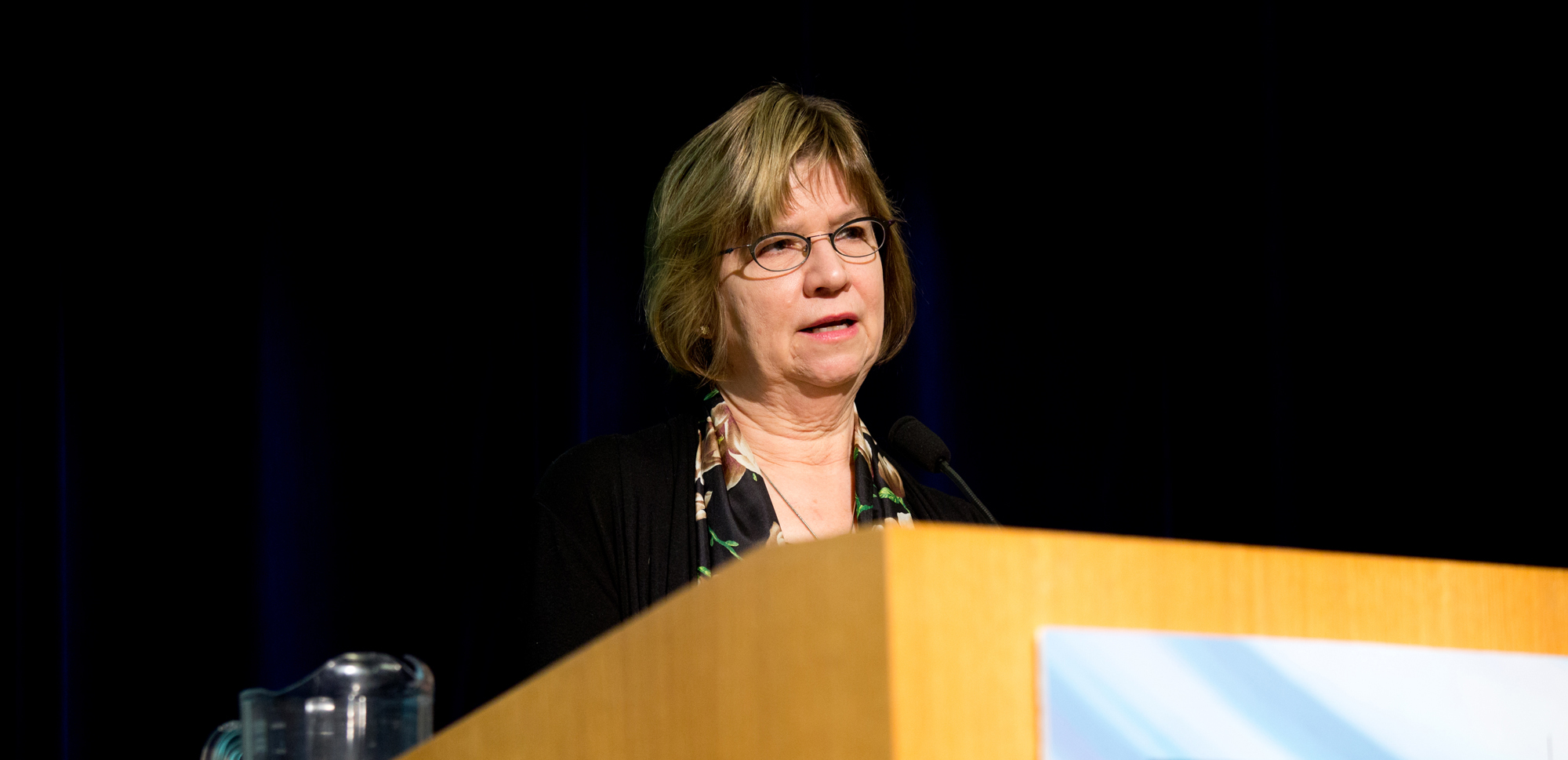The Third Atomic Bombing of Japan
The Radiation Effects Research Foundation (RERF) is a bi-national, U.S. and Japanese scientific agency in Hiroshima and Nagasaki, Japan. Originally called the Atomic Bomb Casualty Commission (1947-1975), the RERF has carried out epidemiological research tracking the biomedical effects of radiation at Hiroshima and Nagasaki for almost 70 years. RERF scientists also played a key role in the assessment of populations exposed at Chernobyl and are now embarking on studies of workers at the Fukushima Daiichi Nuclear Power Plant. This lecture will reflect on nuclear weapons and nuclear power, their biomedical risks, and their intertwined political histories. Industrial interests in Japan and the United States sought to draw a sharp line between the risks of nuclear war and the risks of nuclear power, but the work of the RERF (which became the basis of worker protection standards for the industry), and the activism of atomic bomb survivors themselves has drawn these two nuclear domains together. This is so particularly in the wake of the Fukushima disaster, Japan's "third atomic bombing." RERF is therefore a critical node in a complex global network of scientific institutions that adjudicate radiation risk and proclaim when it is present and when absent. Its history, Dr. Lindee suggests, can illuminate some key properties of modern disasters and the sciences that engage with them.
Address
WCHP Lecture Hall in Parker Pavilion
United States
